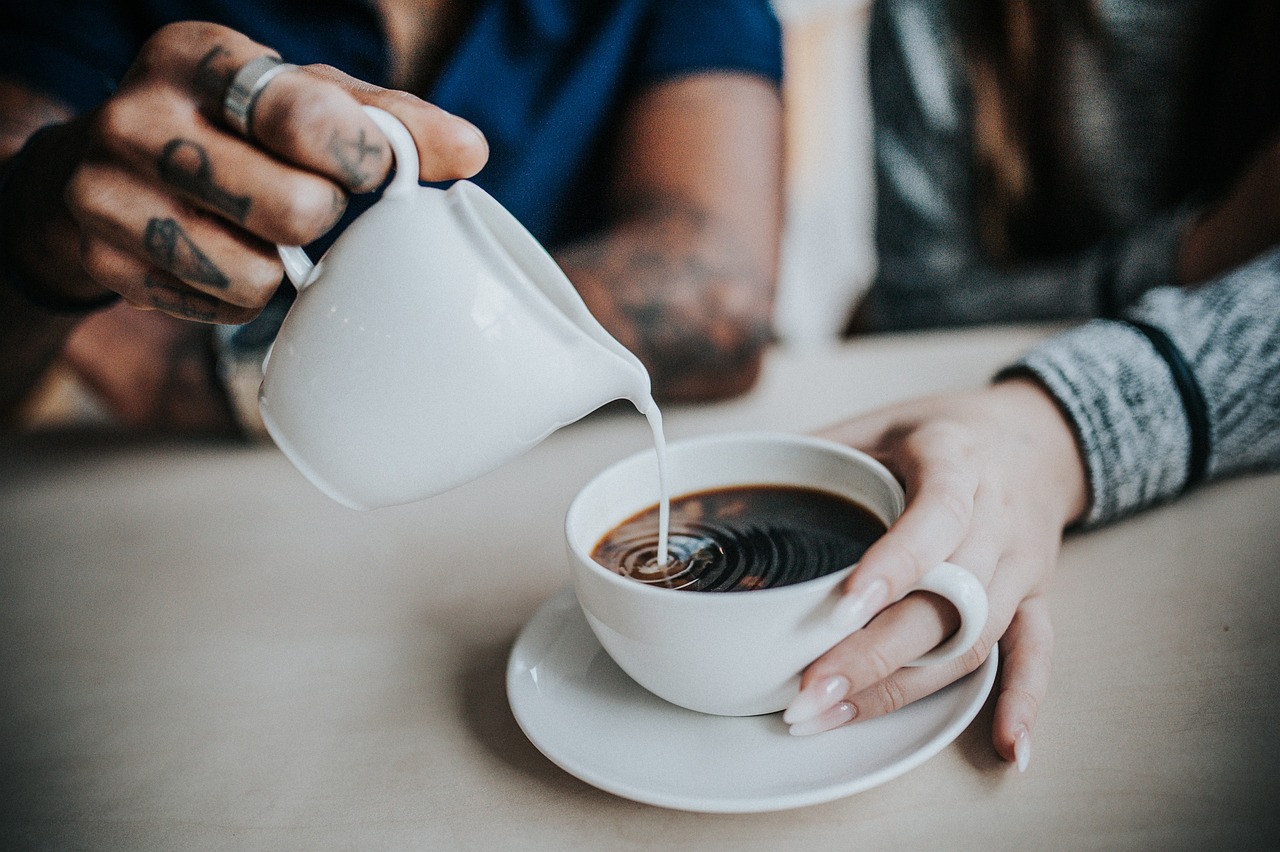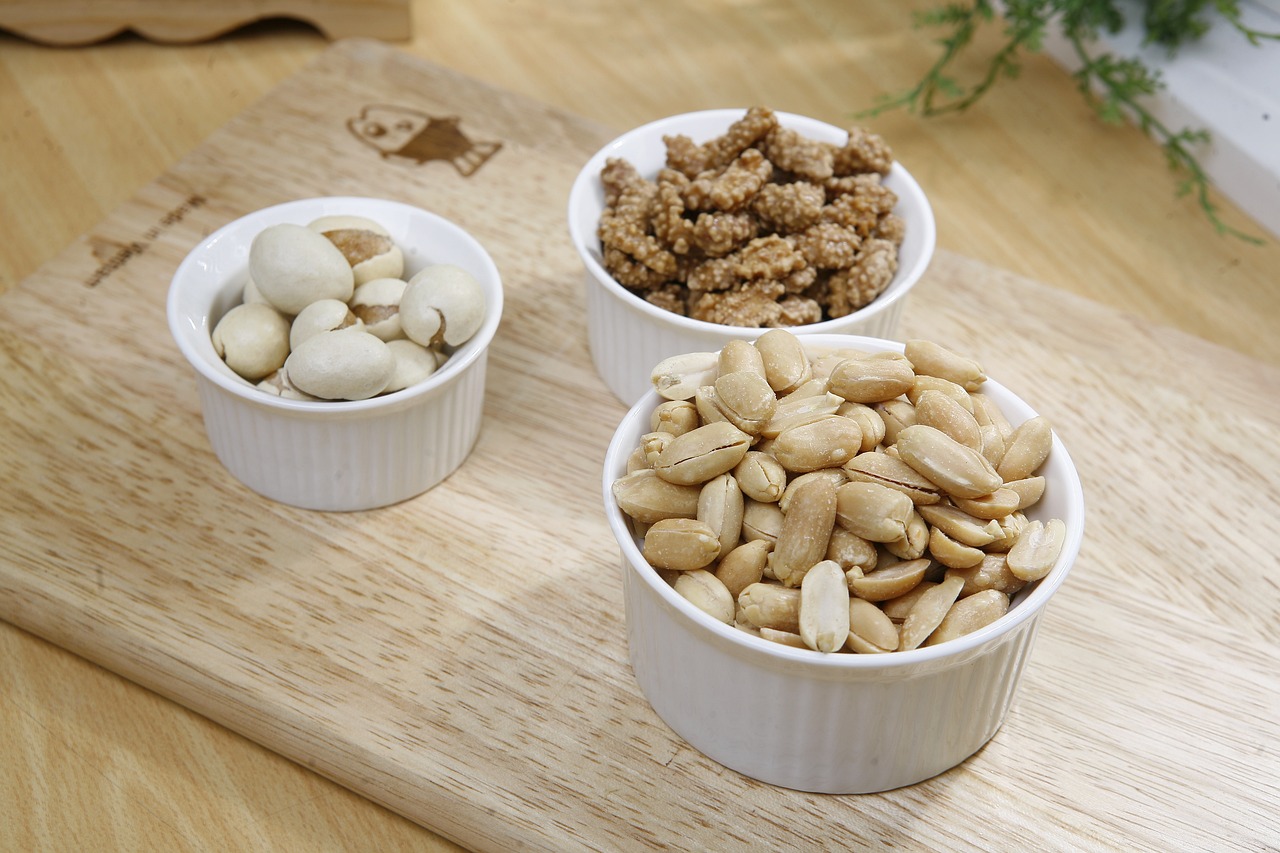Waking up in a nursing home - is the morning routine adapted to each individual's needs?
This article is translated with AI and is based on Swedish conditions. Hopefully, it can inspire those interested from other countries.
Starting the day with a positive and individualized morning routine is crucial for creating a safe and meaningful start to the day. By considering sleep habits, creating a calm atmosphere, offering choices, allowing time for affirmation and closeness, and adapting to physical and mental needs, we can create a morning environment that promotes well-being and coherence. Being aware of the importance of feeling seen and affirmed is the key to good and safe care.
 Bild: Pixabay
Bild: PixabayAwakening and morning mood - Adjust morning routines for a better start to the day
The morning is an important part of the day, especially for older people living in care homes. How we wake up and start the day can affect both our mood and well-being for the rest of the day. Therefore, adapting morning routines to each individual's needs and preferences is crucial to creating a positive and meaningful start to the day.
Awakening and morning mood
Waking up is a sensitive process that can be affected by several factors, such as sleep quality, physical health, and mental well-being. For many older people, the morning can be a challenging time, especially if they feel stiff, tired, or unsure about the day ahead. Therefore, creating a calm and positive atmosphere during awakening is important to set the right tone for the rest of the day.
Meeting during the close care
The early morning hour, when we assist the residents with close care, is a unique opportunity to create a sense of safety and affirmation. Starting the day with a smile, a warm word, or a small chat can make a big difference in how the elderly person feels seen and valued. It's not just about performing practical tasks, but about creating a sense of closeness and care that gives meaning and context.
Individual adjustment of morning routines
Everyone is different, and morning routines need to be adapted to each person's needs and preferences.
Consider sleep habits
- Let the residents wake up at their own pace and avoid waking them up too early if it is not necessary.
Create a calm and positive atmosphere
- Use a soft and friendly voice when greeting and communicating in the morning.
- Create a calm environment with dim lighting and quiet music if suitable.
Offer choices
- Let the residents choose when they want to eat breakfast or how they want to start their day.
- Offer different options for morning activity, such as reading the newspaper, listening to the radio, or taking a walk.
Give time for affirmation and closeness
- Take the time to talk and listen to the residents during the morning routines.
- Use affirming words and gestures to show that you see and value them.
Adapt to physical and mental needs
- Be aware of any pain or discomfort and adapt the routines accordingly.
- Offer support for those who need extra help getting started in the morning.
The importance of feeling seen and affirmed
It doesn't matter how many activities we offer if the elderly person doesn't feel seen or affirmed. The feeling of being seen and valued is crucial to creating a sense of context and meaning. By starting the day by really meeting, exchanging a smile and affirming the elderly in the ways that are possible and well-received, we can avoid the feeling of stress and create a positive start to the day.
Reflection Questions - Morning Routines
Care Staff
- How do you work to create a calm and positive atmosphere during the morning routines?
- What challenges do you see when it comes to individualizing morning routines?
Manager, Nurse, Occupational Therapist, and Physiotherapist
- How do you view the significance of feeling seen and affirmed for the residents' well-being?
- How can you work to ensure that the morning routines are individualized and meaningful?
Residents and relatives
- Do you feel that your relative gets a positive and safe start to the day?
- How do you perceive the treatment and support during the morning routines at the residence?
Erland Olsson
Specialist nurse
Sofrosyne - Better care every day

Aktuellt i media
-
2025-04-14 04:00
08 Förebyggande o lokaler
The art of furnishing a nursing home, a balancing act between homeliness, functionality, and hygiene aspects.
info -
2025-04-10 04:00
04 Bemötande
Waking up in a nursing home - is the morning routine adapted to each individual's needs?
info Bild: Pixabay
Bild: Pixabay -
2025-04-07 04:00
09 Mat och måltid
For the elderly, it is often important to eat many snacks in order to get enough nutrition.
info Bild: Pixabay
Bild: Pixabay -
2025-04-03 04:00
04 Bemötande
What creates safety in elderly care homes - advice and tips on creating a secure environment for the residents
info -
2025-04-01 00:00
10 Aktivitet o funktionsbevarande arbetssätt
Reminiscing, working with memories, is an activity that creates a lot of added value for people with dementia.
info - 2025-03-31 04:00 05 Planering

